Abstract. Does the threat of automation of workers’ employment provoke distinct policy preferences from that of globalization? We present hypotheses about how these different threats affect support for policies to prevent such shocks as well as policies to compensate via redistribution. Using vignettes and conjoint experiments embedded in survey evidence from Spain, we find that...
Octubre 2023
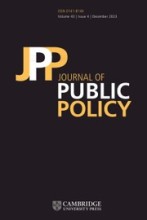
Agosto 2023
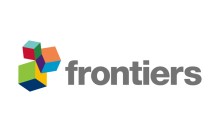
Decades of policy efforts have brought significant progress in women's economic and political status and advanced gender equality on the global policy agenda. The goal of gender equality, however, still remains largely out of reach, as illustrated by the recent wave of women's protests against sexual harassment and gender violence (e.g., #MeToo movement). Some European countries (e.g., Poland, Hungary, and...
Mayo 2023
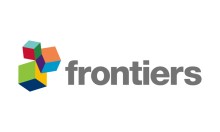
Abstract. The gender gap in populist radical right voting—with women being less likely to support populist radical right parties than men—is well-established. Much less is known about the interplay between gender, masculinity and populist radical right voting. This study investigates the extent to which masculinity affects women and men's likelihood of supporting populist radical right parties....
Abril 2023
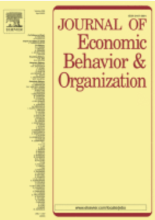
Abstract. Considerable experimental evidence indicates that reciprocity and inequality aversion are important motivations to understand deviations from self-interested behavior, and in particular costly punishment and reward. We use a within-subject experimental design to evaluate the share of subjects whose second-party reward and punishment choices are best accounted for by pure reciprocity,...
Marzo 2023
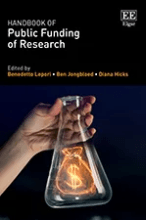
Abstract. This review is about the relationship between research funding allocation, gender and under-represented minorities (URM). Research on gender and URM disparities in research funding is relevant as it speaks directly to the unexplained gaps in career advancement by illuminating potential effects of gender, race and ethnicity characteristics on productivity, reputation and compensation,...
Febrero 2023
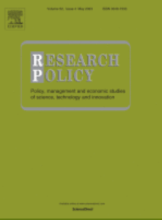
Abstract. What motivates some firms to hire star academics? This paper provides a theoretical framework that combines several factors known to influence a firm's hiring decision of scientists capable of conducting both, research and development activities. The targeted type, reflecting the scientist's academic ability, is endogenous. When research and development activities are not strong...
Noviembre 2022
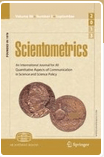
Septiembre 2022
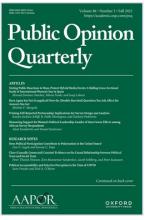
Abstract. The configuration of protests as hybrid media events not only enables them to reach wider audiences but also favors the transformation of those audiences into active publics. In this increasingly common scenario, our study proposes a set of indicators to scrutinize how the public reacts during such hybrid media events, and to test such reactions in light of the mass protests that took...
Agosto 2022
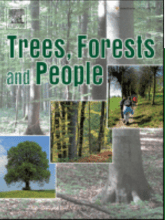
Abstract. Many governments and organisations are encouraging carbon dioxide capture in woodlands through the creation of markets that commodify forest carbon. These schemes can connect different values in local landscapes and global environmental responses to climate change, which go beyond increasing the cost-effectiveness of carbon offsetting. In this paper we use the UK Woodland Carbon Code (...
Junio 2022
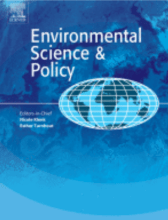
Abstract. Forest expansion can make an important contribution to the 2015 Paris Agreement, through offsetting Greenhouse gas (GHG) emissions. EU, UK and Scottish forest policy encourages substantial forest expansion. Unfortunately, policy is still inadequately informed by high resolution data, and often assumes a fairly homogenous landscape, uniformly suitable soil types and idealised ‘average’...


